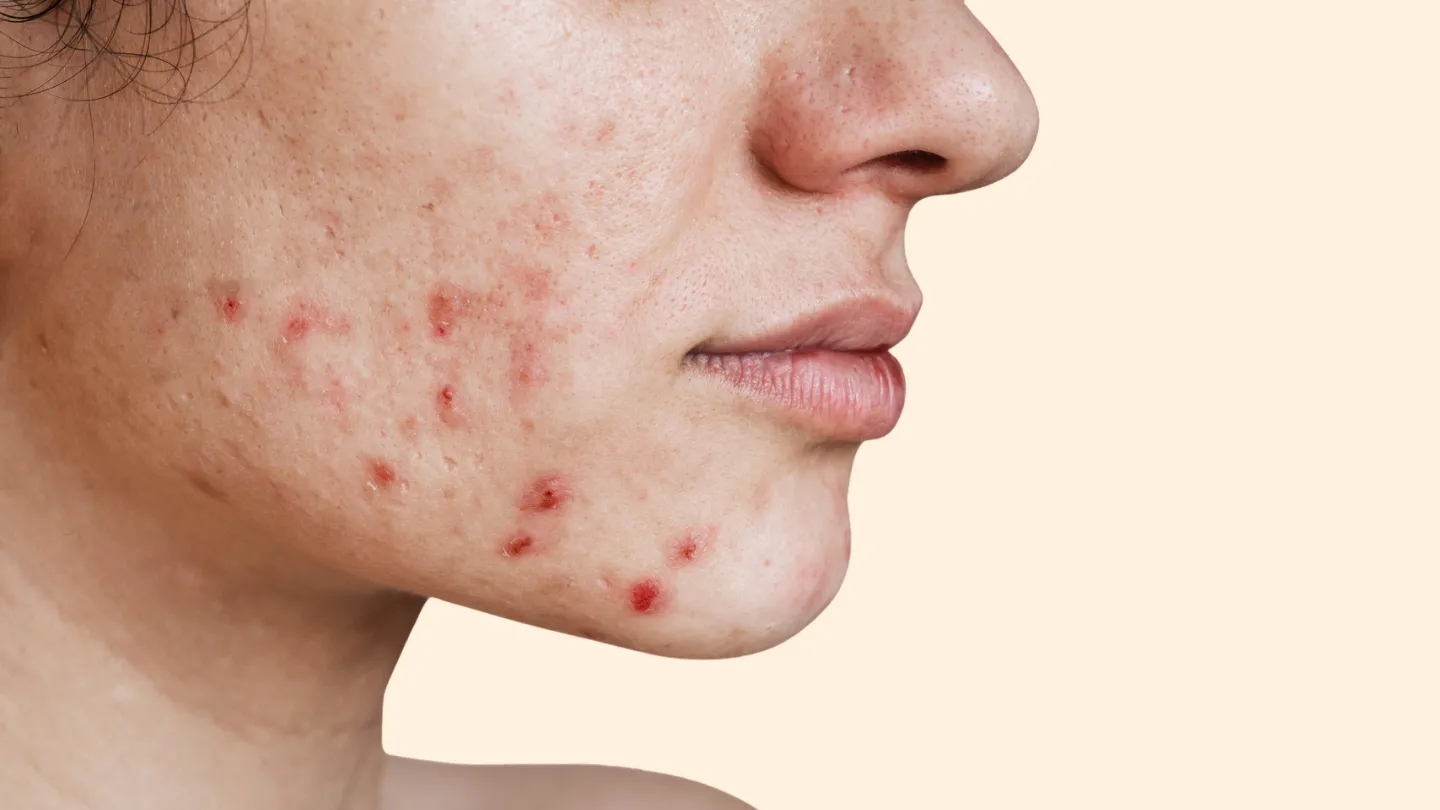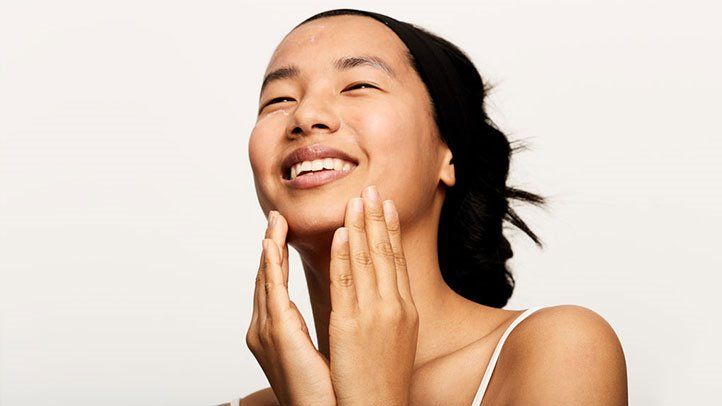Understanding Butt Acne and Bumps
Dealing with acne and bumps on the butt can be uncomfortable and frustrating. However, these blemishes are more common than you may realize. Understanding the potential causes, symptoms, and treatment options is the first step toward clearing your behind.
What Causes Butt Acne?
Like other forms of acne, butt acne arises when dead skin cells, oil, and bacteria build up inside your hair follicles or pores. This clogs the follicles and allows pimples or bumps to form. Typical culprits of butt acne include:
- Excess oil production
- Hormone fluctuations
- Friction and sweat
- Bacteria growth
- Clogged pores and hair follicles
Common Types of Butt Bumps
There are a few specific bumps that tend to occur on the buttocks:
Folliculitis
Folliculitis refers to inflammation of the hair follicles. This often arises from friction, shaving, ingrown hairs, or infections. It can lead to small, sore red bumps and potential scarring if left untreated.
Keratosis Pilaris
Keratosis pilaris leads to harmless little bumps from excess keratin or protein buildup within hair follicles. This commonly runs in families and leads to rough, bumpy skin often described as "chicken skin."
Carbuncles
Carbuncles refer to a cluster of boils or skin abscesses characterized by pus-filled lumps. These are typically quite painful and may require drainage and antibiotics for treatment.
Contact Dermatitis
Contact dermatitis arises after exposure to potential skin irritants or allergens. This can come from clothing, fragrances, topical products, poison plants and more. Itchy, red, raised bumps are common with contact dermatitis.
What Does Butt Acne Look Like?
Butt acne can vary slightly in appearance depending on the specific cause. However, there are some general characteristics to be aware of. Typical butt acne signs and symptoms include:
- Small red bumps
- Whiteheads or blackheads
- Pus-filled pimples
- Cystic blemishes
- Itchy bumps
- Painful, inflamed bumps
- Bumps that may scar if squeezed or picked at
Differences Between Butt Acne and Other Bumps
While most bumps on the butt tend to get lumped under the acne umbrella, there are a few key differences between acne and other common butt bumps:
Acne Vulgaris
- Caused by clogged pores and bacteria
- Features whiteheads, blackheads, small bumps with pus
- Painful and may scar if squeezed
Folliculitis
- Inflamed hair follicles with small, sore red bumps
- Often due to friction, shaving irritation, blockage
- Potential scarring if left untreated
Keratosis Pilaris
- Harmless small bumps caused by excess keratin
- Described as rough, bumpy "chicken skin"
- Usually runs in families
Contact Dermatitis
- Itchy, red, raised bumps
- Results from skin irritants or allergens
- Exposure source often identifiable
Paying attention to the specific characteristics, timing, triggers, and contexts around your bumps can help differentiate butt acne from other potential causes.
Getting Rid of Butt Acne and Bumps
Dealing with butt bumps usually starts with determining the underlying cause. Once identified, tailored treatment approaches can help clear things up. Some go-to treatment strategies include:
Avoid Irritation and Friction
Wear loose cotton underwear and avoid tight clothes rubbing on the area. Maintain cleanliness but avoid aggressive scrubbing. Apply a protective barrier cream before activity if needed.
Gentle Cleansing
Use a gentle cleanser like Cetaphil after sweating or soiling. Clean the area daily in the shower with your hands rather than abrasive sponges.
Over-the-Counter Creams
Products containing benzoyl peroxide or retinoids can help clear acne by reducing bacteria and oil and promoting faster cell turnover.
Natural Anti-Inflammatories
Applying something soothing like aloe vera gel, honey, or tea tree oil may calm redness and inflammation associated with butt bumps.
Antibiotics or Steroid Creams
For serious or stubborn cases of infected hair follicles, boils, severe acne or contact dermatitis, prescription antibiotic or hydrocortisone creams often clear things up.
Don't Pick or Scratch
As tempting as it might be, picking at the bumps can worsen them and increase your risk of scarring. Try to keep your hands off!
See Your Dermatologist
If at-home treatments aren't working after 2 weeks, make an appointment with your dermatologist. More aggressive prescription medicines may be needed. Lasers, steroid injections or professional extraction are other options.
When to Worry About Butt Bumps
In most cases, bumps on the butt tend to clear up on their own or respond well to conservative treatments. However, you may need urgent care if you experience:
- Extremely painful bumps with redness and swelling
- Fever, fatigue or other signs of infection
- Very large carbuncles or boils
- Rapid spread of a rash
- Drainage, oozing, foul odor or pus
- Bumps persisting longer than 2 weeks
See your doctor right away if any of these more concerning issues arise for proper diagnosis and treatment. Skin infections left untreated can spread deeper or to the bloodstream in rare cases.
The Bottom Line
Dealing with butt bumps and acne can be a pain, quite literally! However, understanding why they crop up along with pinpointing any triggers can get you on the road to relief fast. Try simple home remedies first but see your dermatologist if problems persist. With the right treatment plan bump-free butts are achievable for most.
FAQs
What's the difference between butt acne and herpes?
While both can cause small bumps or pimples, acne is not contagious and arises from clogged pores and excess oil. Herpes results from the herpes simplex virus and causes blister-like sores that tingle or burn before breaking open.
Can I pop butt pimples?
No, you should avoid popping pimples on the butt. Squeezing or picking can make them worse and increase your risk of infection and scarring. Allow pimples to heal on their own or seek medical treatment if they persist.
How can I prevent butt acne?
Wearing loose, breathable fabrics, practicing good hygiene, avoiding too much friction and sweat buildup, and refraining from harsh scrubbing can help prevent acne on the buttocks. Over-the-counter acne creams may also be used preventatively.
Disclaimer: This article is for informational purposes only and does not constitute medical advice. Always consult with a healthcare professional before starting any new treatment regimen.
Related Coverage
Purple wipes are disinfecting cloths used in hospitals to kill germs and prevent infection transmission. Learn why hospitals use them and best practices for staff....
Tri-gluteal syndrome leads to having a rare third butt cheek. Learn about clothes fitting, self-confidence, intimacy, and surgery options for this genetic variation....
Find the exact Aklief dosage, step‑by‑step application tips, safety advice, and pump counts for face and body to clear acne....
Sweat acne cause: sweat, oil and bacteria combine to trigger breakouts. Quick habits to prevent and treat sweat‑related pimples....
Curious about the best way to reduce wrinkles? Discover how Arazlo, with its key ingredient tazarotene, helps improve skin texture and smooth out fine lines while tackling acne....
Can sugary sodas lead to more acne? Ingredients like sugar and caffeine may spike hormones, inflammation, and sebum production. Learn what the research says....
Skin popping illegal drugs leads to distinct track mark scarring plus infections and overdose risks. But professional treatment can restore hope and skin health....
Follow these makeup tips for fungal acne-prone skin - featuring the best non-comedogenic foundation, concealer, powder and more to cover up malassezia without making it worse....
Discover the top-rated oil-free moisturizers for acne-prone skin. Learn tips for choosing non-comedogenic hydrators and applying them properly....
Wondering if that bump is monkeypox vs acne? Learn key symptoms, when to worry, and how to get the right care quickly....







